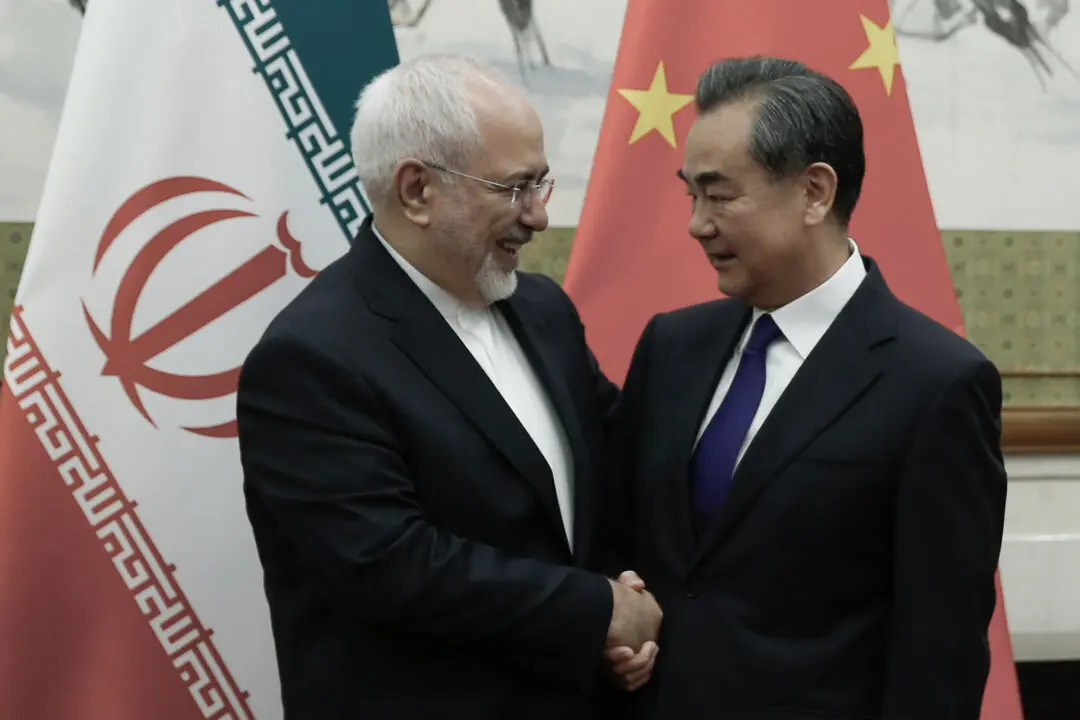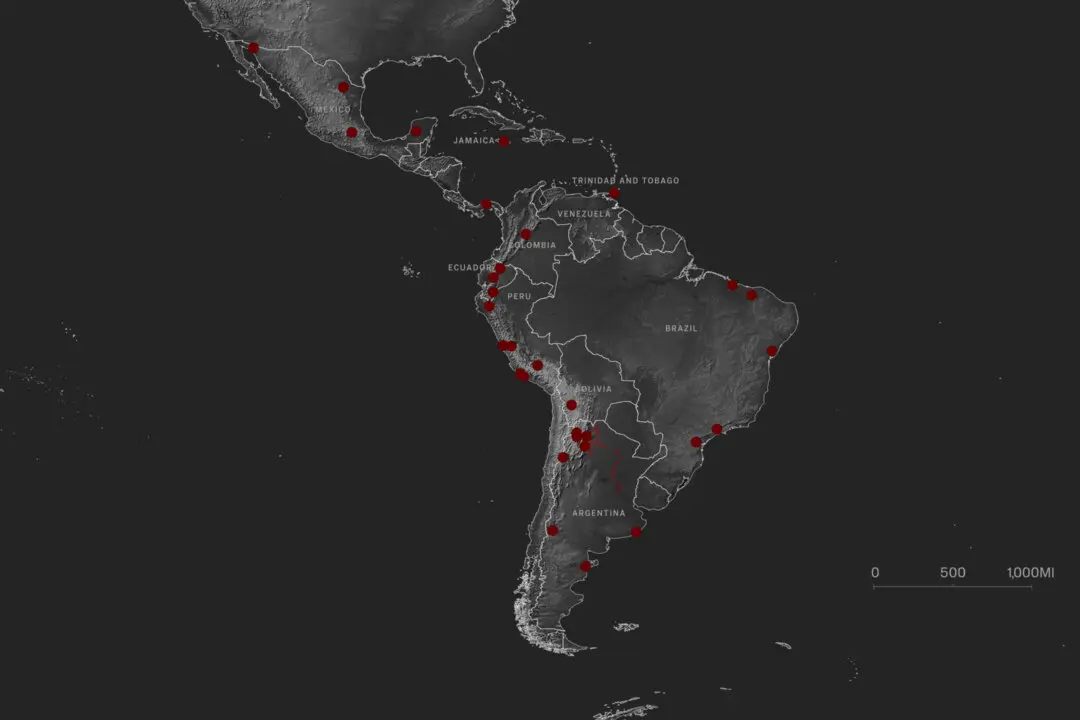A 45-year-old Chinese national has been sentenced to more than three years in prison for his role in trafficking and distributing counterfeit Apple products from China in the United States, the Department of Justice announced in a statement on July 30.
Li Jianhua, who also goes by Jeff, had smuggled more than 40,000 electronic devices and accessories, such as fake iPhones and iPads, for the five years between 2009 to 2014 while living on a student visa.





